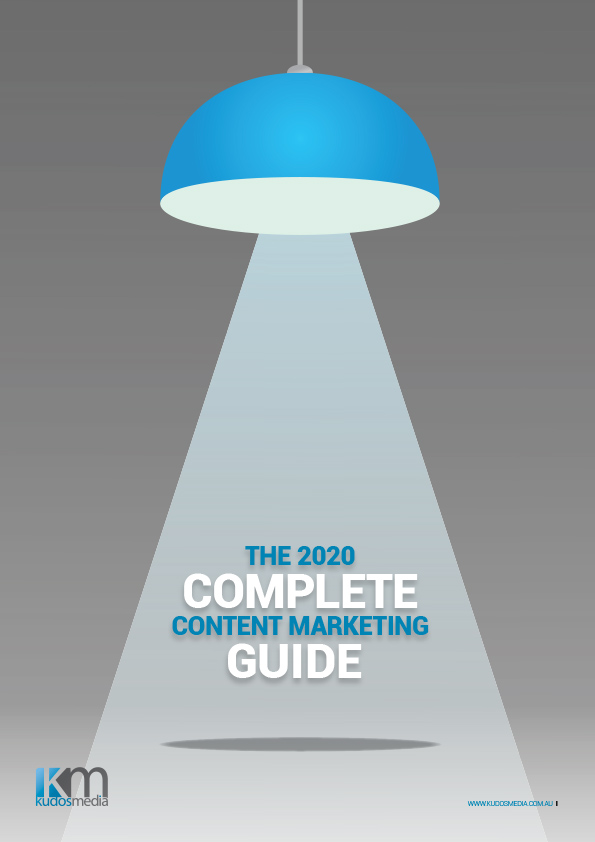How to run an Awesome, Legal Social Media Competition
 Social media competitions are a key driver of brand engagement and user-generated video and imagery, while also presenting opportunities to collaborate with other brands to cross pollinate audiences.
Social media competitions are a key driver of brand engagement and user-generated video and imagery, while also presenting opportunities to collaborate with other brands to cross pollinate audiences.
By offering a prize, incentive or challenge for your social media audience to creatively engage with your brand, an idea or message can quickly be spread, such as the infamous Ice Bucket Challenge.
However competitions should be planned and executed in line with a greater content marketing strategy and legally running a social media competition requires a few considerations as well as terms and conditions outlining the rules for entry.
Competitions are usually run in one of two ways:
- Game of Chance (e.g. a Lottery/Sweekstakes)
- Game of Skill (e.g. best entry, etc.)
Depending on the value of the prize and the location where the competition is being run (not where your business is located), a Game of Chance may require a permit in some states. If you are running a competition nationally, at the very least you will require a permit in NSW regardless of the prize value.
This means that a Game of Skill is usually the most suitable and easily deployed social media competition type.
Examples of a Game of Skill competition include:
- Most impressive use of your product.
- Most impressive execution.
- Email 25 words or less what you love about the brand. Most creative entry wins.
- Most inspiring image or video that best represents your brand’s values.
- Best name of a new product or service line.
Competitions should require the use of a specific unique brand hashtag as part of the entry so as to easily keep track of entries and monitor engagement.
Amplifying the competition to new relevant and targeted audiences is essential to ensure it receives the coverage and engagement you desire while collaborating with other brands for prizes or execution of social media competitions is a great way to cross-pollinate audiences and drive engagement.
Be careful of Like/Sign Up to Win:
Requiring people to sign up to your newsletter or like your social media page is a commonly used tactic to drive conversions as part of competitions, however this should be used wisely as you may end up with hundreds of irrelevant followers and email addresses who only wish to win prizes and have no interest in your brand.
Ensuring there is some barrier to entry that ties in with your brand – such as that shown in the examples above – will weed out a lot of irrelevant engagement and hyper-targeting your competition to specific audiences will also help.
Furthermore, ensure that signups are a by-product of the competition, not the competition itself. For example, ask that people sign up as the best entries and winners will be announced on social media or included in the e-newsletter. You can even make the competition only open to registered members.
Social media rules around “Like/Share/Tag To Win” or similar
Facebook’s Edgerank algorithm is less likely to serve “Like to Win” posts to large audiences as it knows the engagement is gamed, although it does allow it.
NOT allowed is “Tag Yourself to Win” which is banned under Facebook and Instagram Competition Guidelines, while Pinterest and other social media channels have similar rules. Once again, encourage creative engagement for the best results.
If you do run a “Like to Win” style competition, expect reduced engagement on future posts due to people signing up for the incentive rather than their love of your brand or the content you are publishing.
Legally Running Competitions: Terms and Conditions
Regardless of the format or the prize value, a link to the Terms & Conditions of the competition is required to be published.
Social media brands also have their own competition requirements, including that publishers have terms and conditions that indemnify them as well as comply with applicable laws. Those terms and conditions should also outline the competition’s conditions of entry – such as image release consent – and be made clearly available within the social media page and/or the website.
Facebook’s Promotion Rules on Pages, Groups, and Events:
If you use Facebook to communicate or administer a promotion (ex: a contest or sweepstakes), you are responsible for the lawful operation of that promotion, including:
– The official rules
– Offer terms and eligibility requirements (ex: age and residency restrictions); and
– Compliance with applicable rules and regulations governing the promotion and all prizes offered (ex: registration and obtaining necessary regulatory approvals).
Required Content:
Promotions on Facebook must include the following:
– A complete release of Facebook by each entrant or participant; and
– Acknowledgement that the promotion is in no way sponsored, endorsed, administered by or associated with Facebook.
Administration of a Promotion:
Promotions may be administered on Pages, Groups, Events, or within apps on Facebook. Personal Timelines and friend connections must not be used to administer promotions (ex: “share on your Timeline to enter” or “share on your friend’s Timeline to get additional entries”, and “tag your friends in this post to enter” are not permitted).
Assisting Promotions:
Facebook will not assist you in the administration of your promotion, and you agree that if you use our service to administer your promotion, you do so at your own risk.
Third Party Facebook Competition Apps:
While apps used to be required for competitions in Facebook, that changed in 2014 and they can now be administered on a page’s wall. However the use of a third party app to manage Facebook contests can help with the implementation, management and automated data collection and export.
Branded landing pages can also be implemented, however competitions using apps are not run within the “wall” of your page potentially limiting their reach – meaning any competition app should also be driven on your wall.
If you do run a lottery-style competition, some apps will randomly pick your winner providing it greater credibility under scrutiny.
Some competition applications include:
However you run your social media competition, ensure – like any content marketing – it is created with your audience in mind. What will genuinely spark their interest? Run with that and engagement will follow.
DOWNLOAD our Complete Content Marketing Guide
The Complete Content Marketing Guide is a 30-page white paper detailing all aspects of developing, refining and implementing a content marketing and marketing automation strategy.

Content Marketing Strategy Development
Establishing Content Marketing Goals
Audience Analysis
Marketing Automation
Content Metrics and ROI
– Digital Content Distribution:
– Social Media
– SEO
– Video
– E-Newsletters
– Content Seeding and Amplification
Print Content Considerations
Legal considerations




